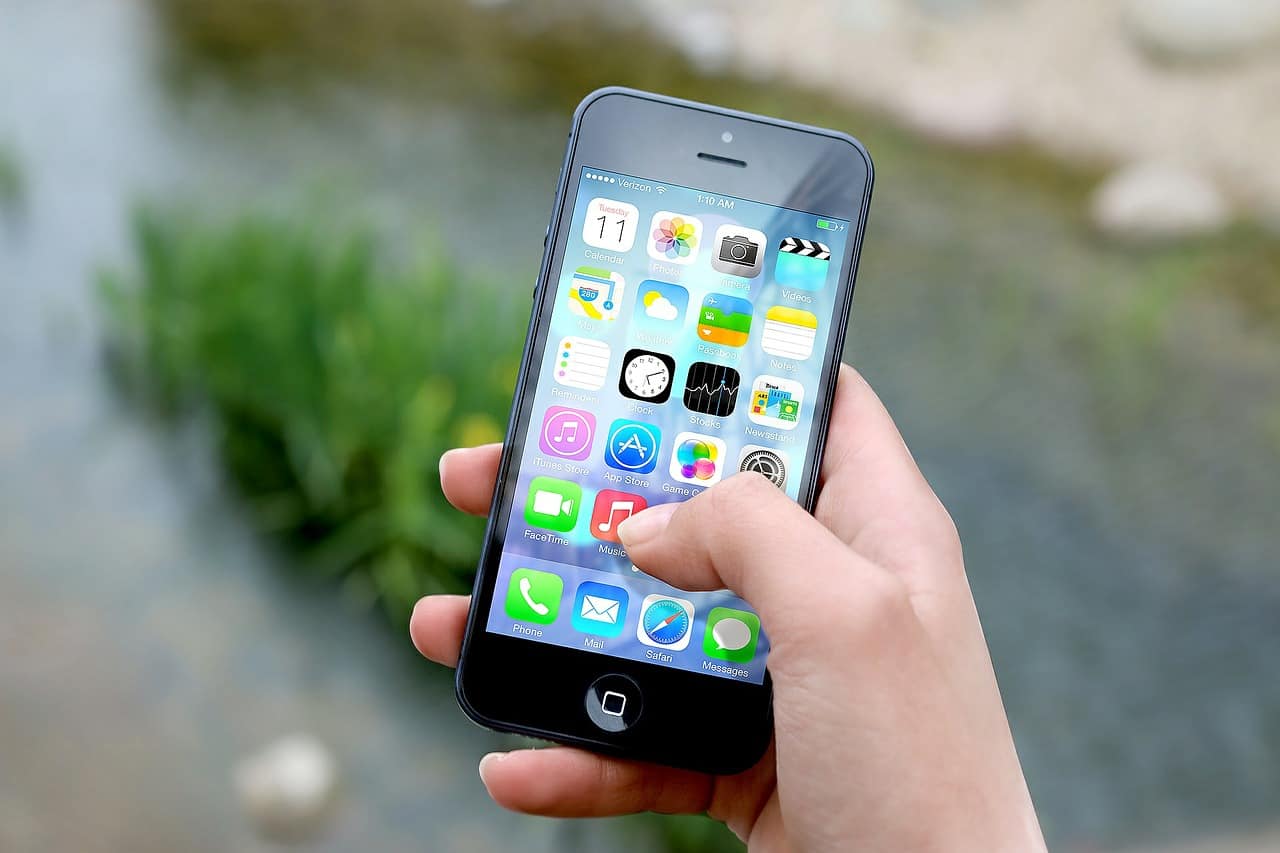New Frontiers: The Intersection of Humans and AI in Health

Steven Keem, Associate Product Manager, Noom
Health chatbots have gained popularity over recent years and are projected to become a $1.25 billion industry by 2025. While they’re great for things like reminding someone to take their meds or finding quick first-aid solutions, health bots have their limits. Long-lasting health outcomes come from changing people’s health behaviors, sometimes requiring the help from professionals with whom people feel connected. Forming that relationship is a tricky art and science, but if you’re building a product to make a meaningful, lasting impact on someone’s health, it’s worth considering. These are just 3 ways in which bots have yet to be the best health partners we need:
1. They can’t empathize
Feeling heard and understood is the foundation of any meaningful relationship. When you feel connected to someone, usually you’ll stick around and, in a health setting, that means more routine check-ups to encourage healthier lives. Empathy is at the foundation of making meaningful connections and is a quality bots aren’t completely capable of. Say you’re the caretaker of someone who just discovered that they’ve contracted a serious illness that makes them feel scared, isolated, and distressed. What you’d probably do (at least, I hope so) is to make that person feel like you understand what they’re going through by changing your tone and language. Expressing this empathy helps your patients feel comfortable enough to continue engaging with you, which could mean saving that person’s life in the long run. Bots would need to detect subtle changes in a person’s tone and language, identify their emotional or mental state, and then adapt their response to what’s appropriate. Complicated? Probably.
2. They can’t recall the little things
Asking your co-worker, “How was your birthday last weekend?” says a few things about you: you listened and you care. It’s such a small detail to ask about, but it goes far in evoking positive feelings that fosters the relationship (that is, assuming you and your co-worker don’t hate each other). The key is in the details – generic questions like,“How was your week?” doesn’t have the same effect. In order for bots to attain this level of specificity would require storing loads of data and have an algorithm that recall the right data at the right time. I don’t know about you, but that sounds like a huge undertaking for a machine.
3. They don’t always give great advice
Yesterday, I asked Alexa, “How many calories does a slice of pizza have?” and was satisfied that she was able to quickly give me an answer (around 285 for a medium slice, in case you’re wondering). Bots excel when you need a quick answer for a simple query, but aren’t capable yet of answering questions beyond a certain level of complexity.
If you were to ask Alexa or other bots, “My boyfriend keeps buying pizza for dinner when I’m trying to shed some pounds. What should I do?” there’s a good chance they won’t be very helpful. This kind of advice is what people often seek in addressing their health concerns and those that can provide are seen as valuable to the client or user. We’ve advanced far in NLP (natural language processing), but not so far where bots can be more effective counselors than people can.
Now, I don’t mean to argue that developing AI for helping someone achieve lasting good health is futile. My point is that they can only do so much and that they should be considered carefully.
The product I work on at my company, Noom, is grounded in the idea that health coaches augmented with the benefits of AI can make a remarkable difference in their ability to help others, more than what they can do alone. For example, we can analyze users’ behaviors, reveal noteworthy data points or trends that coaches can’t easily observe, and then suggest the coach to take specific actions. Congratulating a user for reaching a weight-loss milestone or alerting the coach when their user’s regularly consuming more calories than allotted are just a few examples of opportunities where coaches would send messages containing this data packaged in a way that users can respond well to. In other words, we empower humans with what AI does best so that they can do what they do best even better.
This intersection of humans and AI is a frontier we’re excited to explore and continue innovating in the foreseeable future.
If this sounds exciting to you, join our team today!

